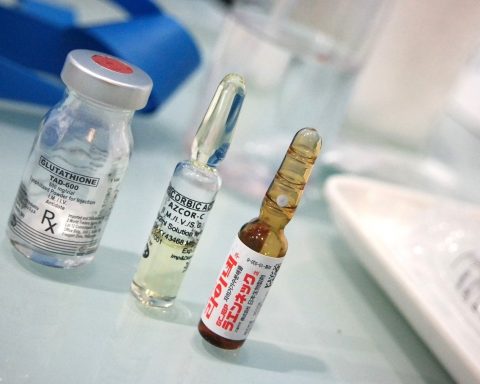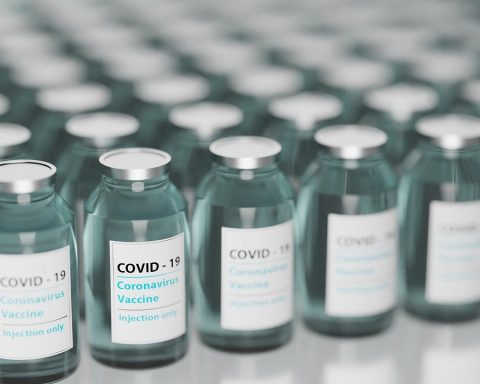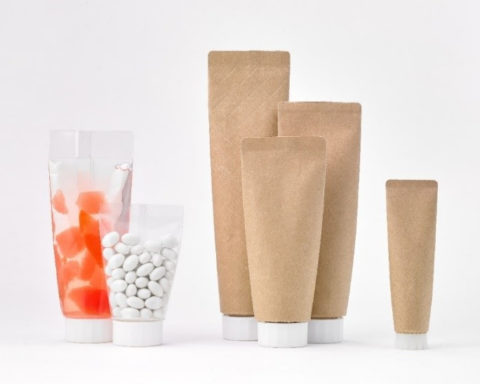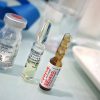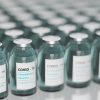A report analyses the anti-counterfeit pharmaceutical packaging market and provides critical insights for the forecast period 2019-2027. As per findings of the report, the global anti-counterfeit pharmaceutical packaging market is projected to experience a significant growth over the forecast period due to multiple driving factors. The global sales of the anti-counterfeit pharmaceutical packaging market are estimated to be valued at ~ US$ 77 Bn in 2019, which translates into an opportunity worth of ~US$ 3.5 Bn for anti-counterfeit technology for pharmaceuticals.
Developing Economies to Hold Promising Investment Opportunities during the Forecast Period
China & Japan cumulatively account for more than half of the total Asia Pacific anti-counterfeit pharmaceutical packaging market. This is accredited to the fastest-growing pharmaceutical market, particularly on the back of increasing number of population, coupled with rising regulations in pharmaceutical sector of China and India. The economical manufacturing environment and developing economy are vital factors driving the anti-counterfeit pharmaceutical packaging market in the APAC region. Growing penetration of local manufacturers in their respective regions also fuels the anti-counterfeit pharmaceutical packaging market growth in the region. Furthermore, developing economies of Latin America such as Mexico and Argentina are expected to have potential in the anti-counterfeit pharmaceutical packaging market during the forecast period. Illegal sale of pharmaceutical drugs is a growing concern, most particularly in developing countries of Latin America where the lack of healthcare concern forces people to seek cheaper drugs. This is hamstringing the anti-counterfeit pharmaceutical packaging market growth. In the absence of effective system and regulations, the market of counterfeit drugs and other medical supplies has been increased. Also, semi-legal copying of branded drugs by legitimate local companies would remain a high-profile problem. All these factors will create an impact on the growth of the anti-counterfeit pharmaceutical packaging in the coming years.
Approach towards Electronic Track and Trace to Secure the Supply of Drugs
For secure supply of drugs from manufacturers to end users, one of the key requirements is the ability to trace, validate, and verify the authenticity of the drug at each and every stage of the supply chain. It is expected to boost the demand for anti-counterfeit pharmaceutical packaging in the near future. In electronic track and trace technology, each unit is serialized and allows building the drug pedigree. These pedigrees include information about manufacturers, distributors, and wholesalers who handles the drug. This helps in tracing the product at any stage and reduces counterfeiting, which stimulates the anti-counterfeit pharmaceutical packaging market growth.
Increased Number of Self-Prescribed Patients Opting for Less Expensive Pharma Products
~ 5% of the U.S adults are using medication without any professional prescription. Increase in number of self-prescribed patients is hampering the anti-counterfeit pharmaceutical packaging market. Sometimes, end users of pharma products opt for counterfeit products, as they are less expensive compared to the original medications. This perception of patients is restraining the anti-counterfeit pharmaceutical packaging market growth.
Global Anti-Counterfeit Pharmaceutical Packaging Market: Competitive Landscape
Anti-counterfeit pharmaceutical packaging manufacturers have taken steps to tackle the menace of counterfeited medicines through innovative packaging techniques, which is still in the infancy stage but future looks promising. Advancement in technology is expected to spur the demand for anti-counterfeit pharmaceutical packaging products. Large pharmaceutical companies such as Pfizer and GlaxoSmithKline have introduced RFID tags on the packaging of Viagra and Trizivir, an HIV treatment product, which is driving the anti-counterfeit pharmaceutical packaging market growth.
Some of the key players in the global anti-counterfeit pharmaceutical packaging market are Alien Technology, ATL Security Label Systems, CCL Industries, SICPA Holdings, Schott AG, Gerresheimer AG, Klockner Pentaplast Group, Ardagh Group S.A., Nipro Corporation, Authentix Inc., TruTag Technologies, Inc., Zebra Technologies Corporation, Alpvision SA, OpSec Security Inc., Savi Technology Inc., 3M, and Stevanato Group.
This study underlines key opportunities in the anti-counterfeit pharmaceutical packaging market and finds that the market would exhibit growth at a CAGR of ~ 9% during the forecast period.

